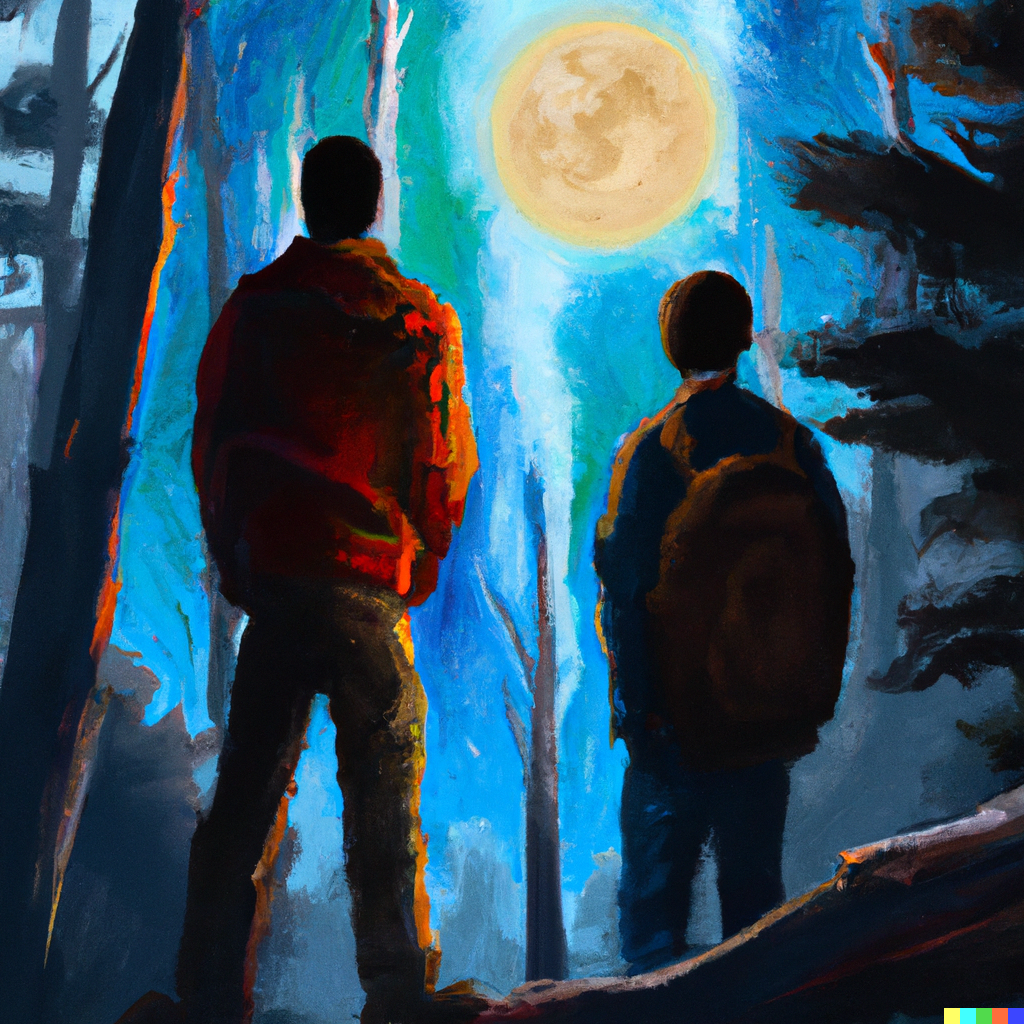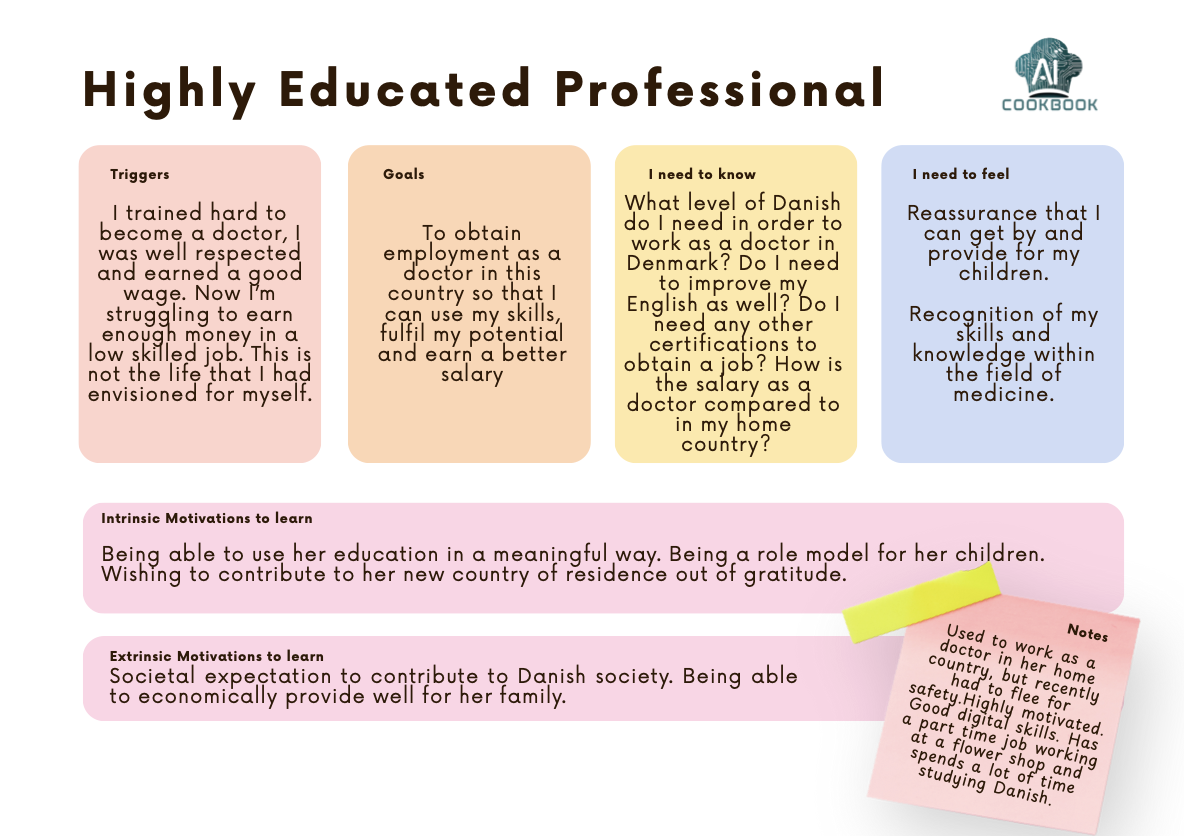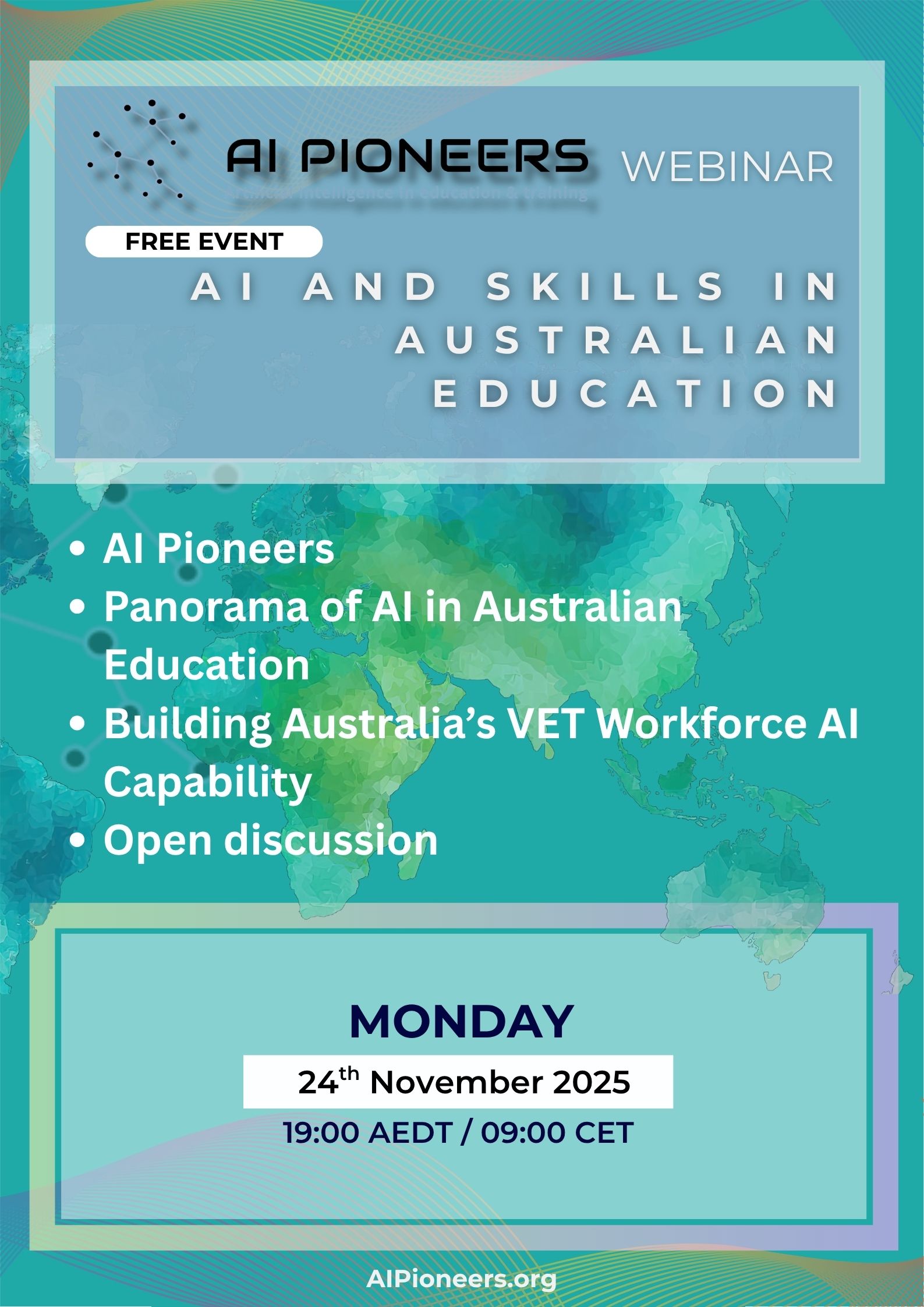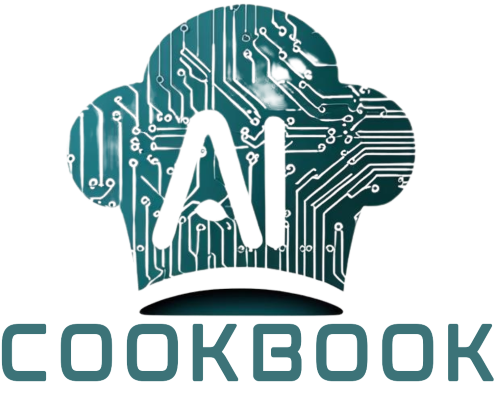The kids aren’t alright
In a recent Substack post, Jared Cooney Horvath unpacks […]
A Persona-Driven Approach to Skills for Migrant Learners
This week the AI Cookbook team met in Athens […]
How do you know if you are AI ready?
The AI Ready Schools Erasmus+ project is currently undertaking a literature review focusing on themes of AI Readiness. Here’s are some preliminary findings; An AI-ready school appears to be characterised by a comprehensive mixture of institutional policy, teacher preparation, and a commitment to human agency and ethics. It moves beyond tool adoption to foster an environment where technology serves as a “thinking partner” while maintaining the “human in the loop”. 1. Institutional and Policy Frameworks 2. Teacher Readiness and Pedagogical Shifts 3. Curricular Integration and Literacy 4. Student Agency and Critical Thinking 5. Inclusive and Social Practices Follow the AI Ready project […]
There’s no such thing as self directed learning
Graham and I were discussing what personalised learning actually means in terms of the promises made by ed tech companies to use AI to offer differentiated and personalised learning. Graham introduced me to the idea of ants following predefined pathways as a metaphor for learners following AI predictions of what to study next. The more ants following the same pathway, the more that pathway becomes used, the more likely the AI is to suggest it. The pathway is never truly personalised, just branching options of a choose your own adventure story where the endings are pre-defined. I had always assumed […]
AI Ready Schools
Last week we celebrated the kick off of a new AI schools project at our first meeting in Leuven. The project builds on the work we did in AI@School and previous Taccle projects in that we will work with schools, teachers and pupils to co-create curriculum linked resources. AI Ready is an Erasmus+ initiative designed to prepare secondary schools for the digital future by equipping the educational community with the knowledge and skills to understand and use Artificial Intelligence (AI) effectively. Being AI Ready isn’t just about knowing AI—it’s about making informed decisions, understanding its potential, and using it ethically […]
Recording now available for our webinar on AI and Skills in Australia
Our network members in Australia present their work and […]
Resources for migrant education
The AI Cookbook Inventory of Best Practices and Tools […]
Action Plan – Sustaining the AI Pioneers Network
The AI Pioneers project is co-funded by the European […]
Part 3 – Explainable disruptions, dilemmas and directions
Here is the final part of my series of summaries of the provocative essays published in UNESCOs AI and the Future of Education The collection argues that education requires more than technical fixes. Education is social, it will take dialogue, reflection, and imagination to co-create an inclusive, ethical, and human-centred educational future. Our stories about AI and education are still being written, and we have a collective responsibility to shape them with care, clarity, and courage. Part one is here And part 2 here Page 98: Compassion by design: Building AI with and for caring educators (Arafeh Karimi) Arafeh Karimi […]
Global Insights on AI in Education & Skills: Join Our Special Webinar with Australian AI Pioneers
Here at AI Pioneers, we’re thrilled to be bridging […]








